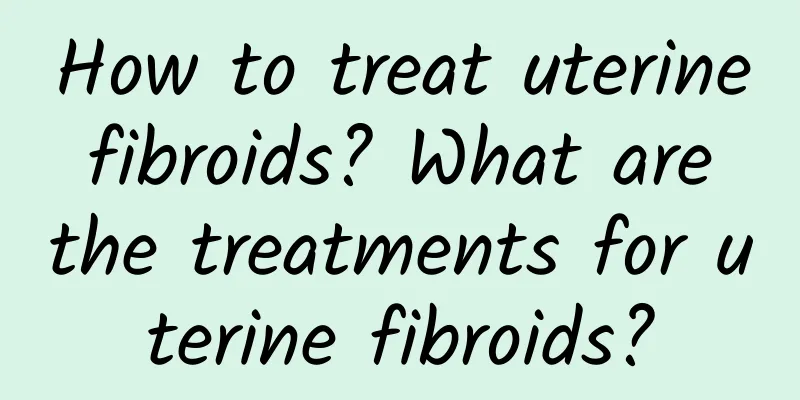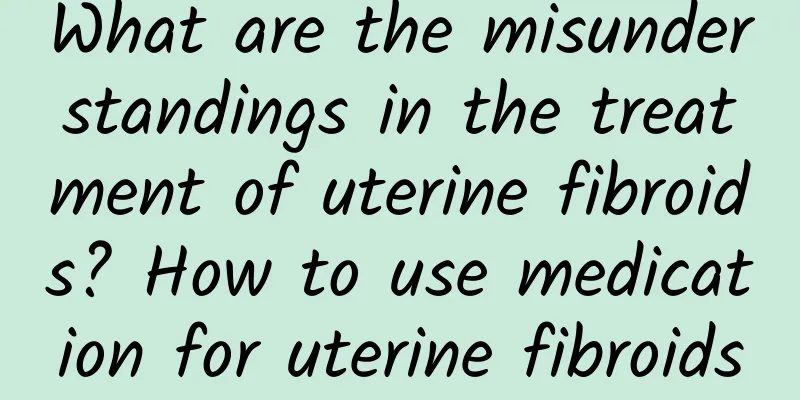Is it easy to get pregnant with uterine cyst?

|
Uterine cysts may affect pregnancy, but this depends on the type, size and specific circumstances of the cyst. Some uterine cysts may have no direct effect on pregnancy, while others may cause infertility or complications. Cysts such as functional ovarian cysts do not usually affect pregnancy because they often resolve on their own within a few months. However, endometrioid cysts (chocolate cysts) may cause pelvic pain and adhesions, which can affect fertility. Larger cysts may compress surrounding tissues, causing infertility or complicated pregnancy situations. Uterine cysts may result from a variety of factors, such as ovarian cysts caused by hormonal fluctuations, or cysts caused by endometriosis. Certain cysts, such as dermoid cysts or fibroids, are less common, but they are still worth noting because they may be accompanied by other pathological changes. Such cysts should be confirmed by imaging tests, such as ultrasound or MRI. After the diagnosis is confirmed, depending on the specific nature of the cyst, the doctor may sometimes recommend waiting and observing, especially for functional cysts. For cysts that affect pregnancy, drug treatment may be required to control hormone levels, using drugs such as birth control pills or progesterone regulating drugs. For more severe or persistent cysts, surgical intervention may be required, such as laparoscopic surgery or open surgery. Surgery can usually remove cysts while preserving fertility, but the specific plan needs to be made according to the patient's specific situation. Uterine cysts may result from a variety of factors, such as ovarian cysts caused by hormonal fluctuations, or cysts caused by endometriosis. Certain cysts, such as dermoid cysts or fibroids, are less common, but they are still worth noting because they may be accompanied by other pathological changes. Such cysts should be confirmed by imaging tests, such as ultrasound or MRI. After the diagnosis is confirmed, depending on the specific nature of the cyst, the doctor may sometimes recommend waiting and observing, especially for functional cysts. For cysts that affect pregnancy, drug treatment may be required to control hormone levels, using drugs such as birth control pills or progesterone regulating drugs. For more severe or persistent cysts, surgical intervention may be required, such as laparoscopic surgery or open surgery. Surgery can usually remove cysts while preserving fertility, but the specific plan needs to be made according to the patient's specific situation. To increase the likelihood of pregnancy, regular medical checkups are necessary, especially when planning a pregnancy. Maintaining a healthy lifestyle, including a balanced diet and moderate exercise, can also help improve fertility. If the cyst causes significant discomfort or pregnancy problems, seek advice from a healthcare professional as soon as possible. With professional counseling and treatment, many women affected by uterine cysts are able to conceive successfully and have a healthy pregnancy. |
<<: What happens if endometriosis is not treated? 22 years old
>>: How to Detect Endometriosis
Recommend
How much does it cost to treat dysfunctional uterine bleeding?
If you suffer from functional uterine bleeding, i...
The main causes of adnexitis in life
Adnexitis is very common in daily life. If you wa...
Experts explain conservative treatment methods for ectopic pregnancy
In order to reduce the harm caused by ectopic pre...
Will uterine fibroids disappear on their own?
Many female friends who suffer from uterine fibro...
Do you need to pull the carrots? Nutritionist teaches slimming tips
Many people ask nutritionists how to slim down th...
Do not ignore the early symptoms of vaginal candidiasis
Fungal vaginitis is an infectious type of vaginit...
How to diagnose acute and chronic pelvic inflammatory disease?
Chronic pelvic inflammatory disease and endometri...
Causes of cervicitis in women
Cervicitis is a disease that occurs in the cervix...
Check out the symptoms of cervical hypertrophy
Cervical hypertrophy is a common gynecological di...
Album details how to prevent adnexitis?
How to prevent adnexitis? Gynecological experts s...
What are the symptoms of early ovarian cysts and how to care for them
What are the symptoms of early ovarian cysts? How...
Will reduced menstrual flow after miscarriage affect future pregnancy?
Will reduced menstrual flow after miscarriage aff...
Why does premature ovarian failure cause headaches?
Why does premature ovarian failure cause headache...
Why do uterine fibroids grow larger during pregnancy? Does pregnancy cause uterine fibroids to grow larger?
Why do uterine fibroids grow larger during pregna...
Can eating coconut oil help you lose weight? Is it really effective to be rich in precious medium-chain fatty acids?
People who love beauty know that coconut oil can ...









